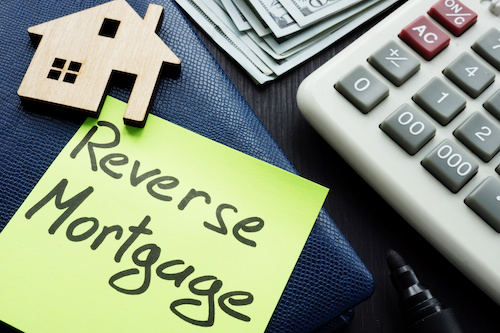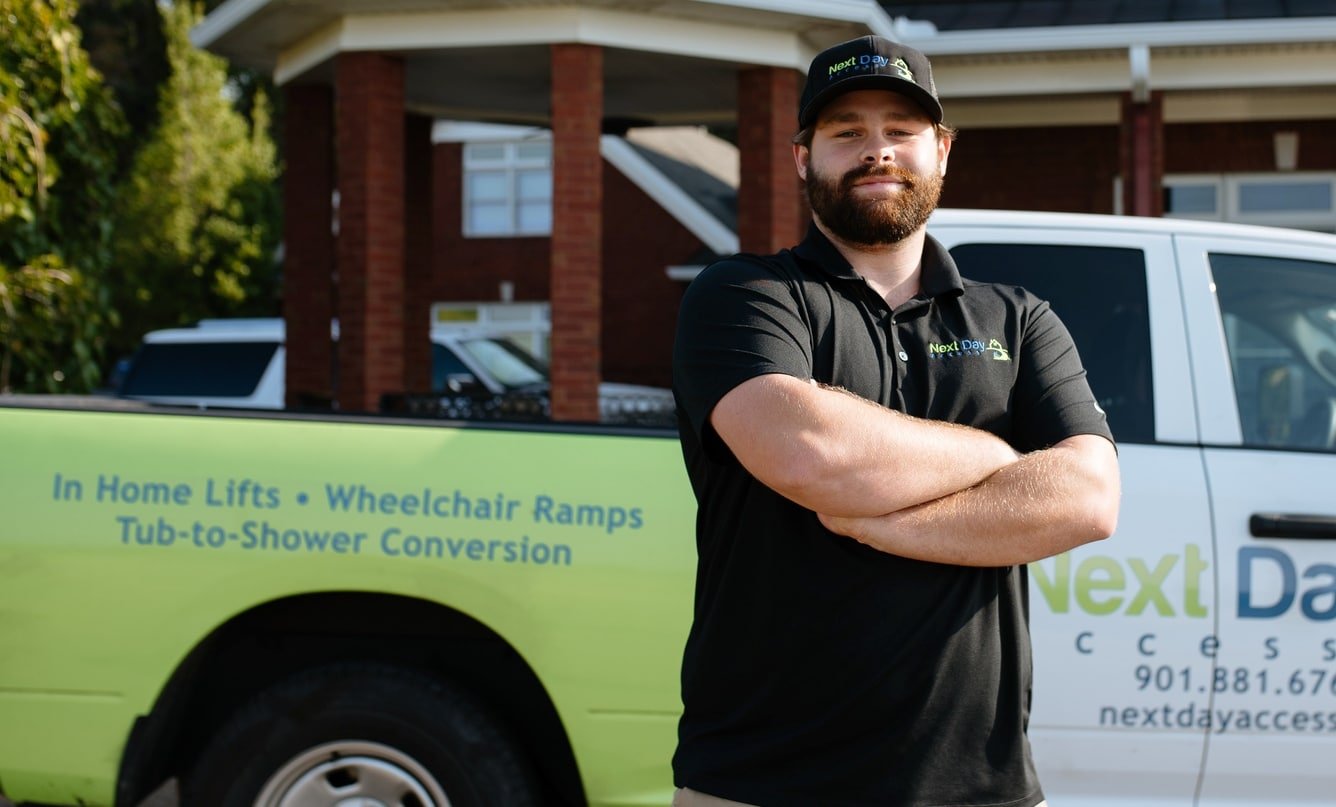
Finding extra funding can be challenging for the elderly and those with disabilities. For many, obtaining a reverse mortgage can provide additional funds to help achieve goals. New regulations over the last few years have reduced the high costs and made it a viable option for the older homeowner. The extra income generated by a reverse mortgage can be used for home renovations to increase a home’s value or for home modifications such as a wheelchair ramp to make the home more accessible for seniors who desire to age in place.
What is a Reverse Mortgage?
Reverse mortgages are a type of home equity loan actually designed to help seniors who are 62 and older. The home loan doesn’t require monthly mortgage payments although borrowers will still be responsible for paying taxes and insurance, as well as maintaining the home. Once the senior or individual with a disability moves out or dies the loan is repaid.
Benefits of a Reverse Mortgage
One of the main benefits of a reverse mortgage for many seniors is the access to extra cash. Since this arrangement relieves the borrower of making mortgage payments on their home loan, they have more cash on hand. This can be used to reduce their overall debt, eliminate recurring payments or simply to enhance their lifestyle. It can also be used for home improvements and modifications for accessibility such as a wheelchair ramp, stairlift, purchasing new appliances or adding a home security system.
Another benefit many can take advantage of is how a reverse mortgage can increase in value over time. As the average life span has increased, it can place a strain on cash flow in the retirement years. Most didn’t plan for 20 plus years of retirement. When unexpected medical events take a chunk out of retirement funds, it can make it difficult for many to make ends meet. A reverse mortgage can increase in value over time which can offer more peace of mind and help retirees accumulate cash.
Counseling is Required
To ensure seniors and individuals with disabilities understand the details of a reverse mortgage, and how it differs from a home equity loan, counseling is required. Borrowers will have to go through counseling with independent third-parties who will explain the features of the loan and the responsibility of the borrower.
If you obtained a reverse mortgage and are considering home modifications such as adding a wheelchair ramp, contact us at Next Day Access and let us help you.
Find the Right Accessibility Solution Fast
Reach out to a location near you today for a custom quote!
Contact Next Day Access today for reliable mobility solutions backed by responsive, expert installation. Enter your ZIP code or postal code to find a location near you and take the first step toward a safer, more accessible space.

Find the Right Accessibility Solution Fast
Reach out to a location near you today for a custom quote!
Contact Next Day Access today for reliable mobility solutions backed by responsive, expert installation. Enter your ZIP code or postal code to find a location near you and take the first step toward a safer, more accessible space.
